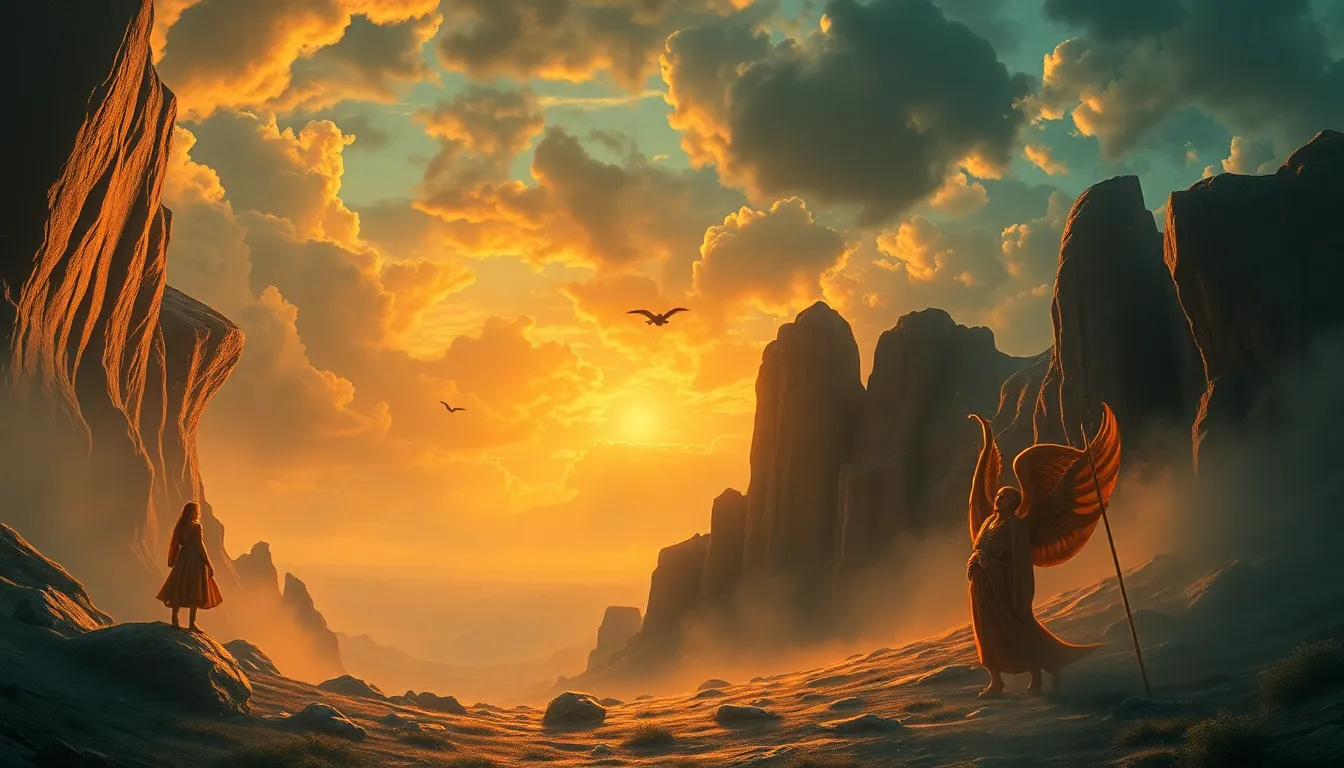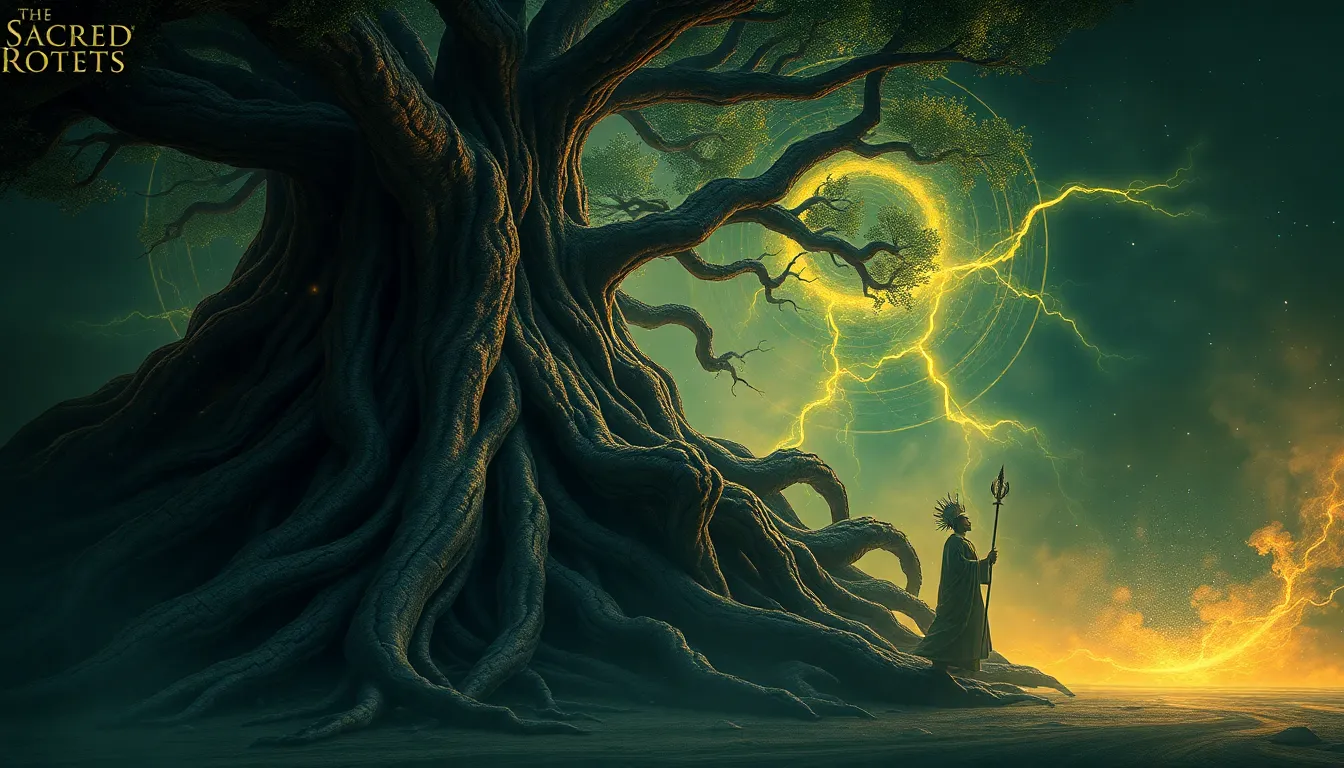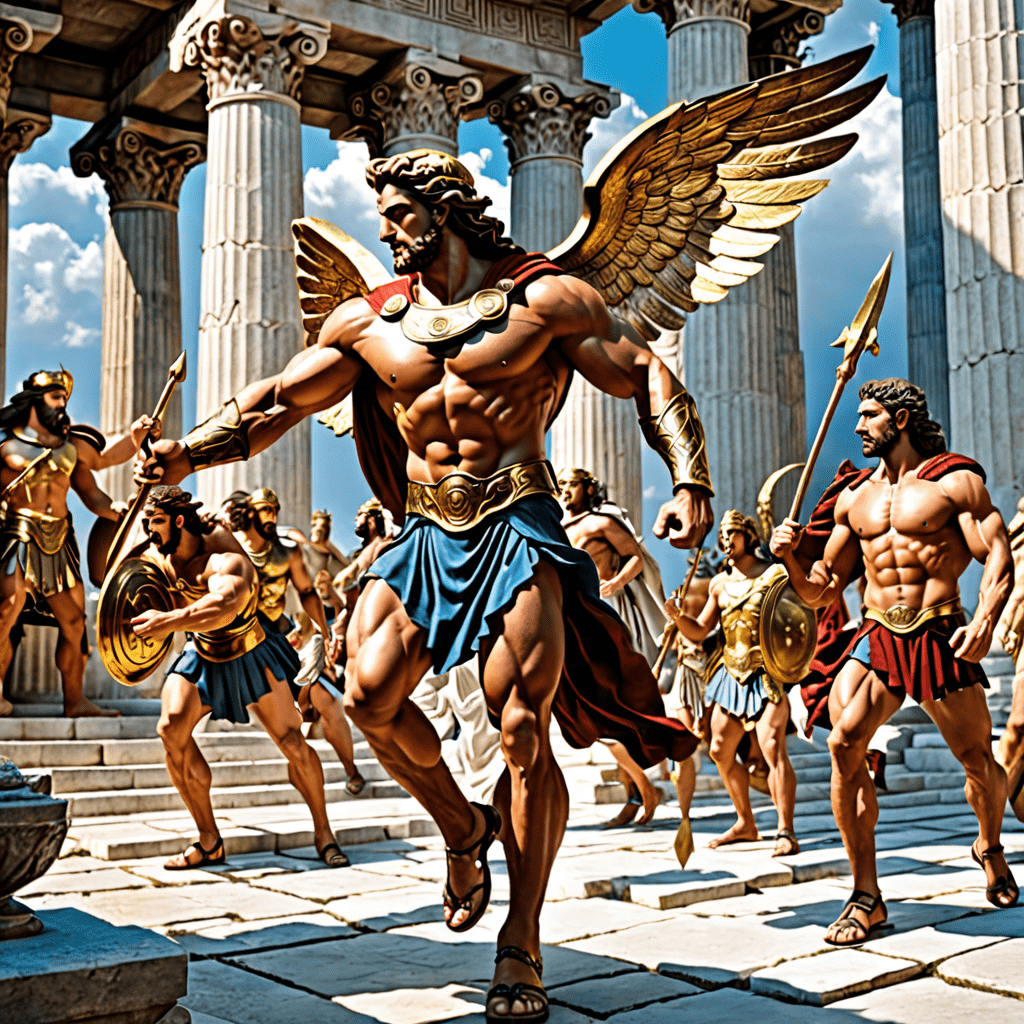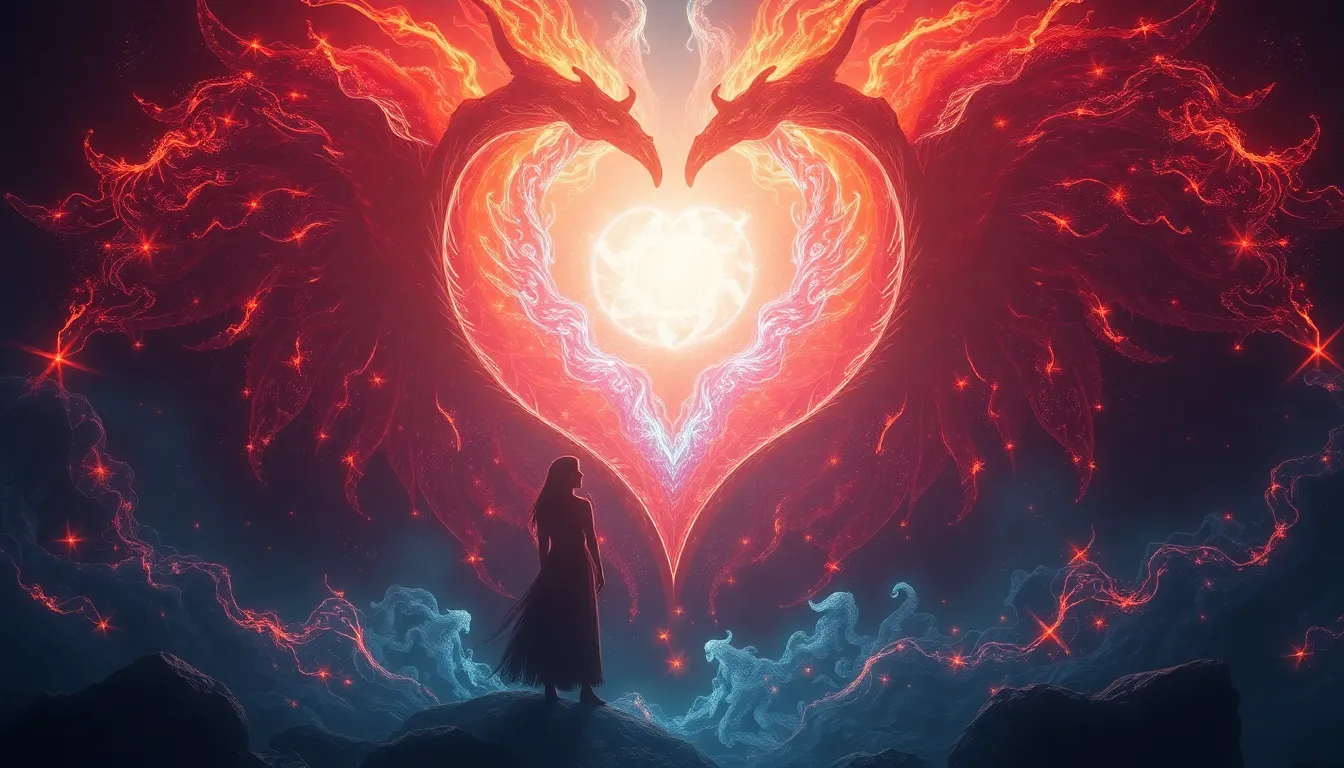The Mythical Journey: How Creation Stories Reflect Our Lives
I. Introduction
Creation stories, often referred to as myths of origin, are narratives that explain how the universe, Earth, and humanity came into existence. These stories serve as foundational texts for cultures, offering insight into the beliefs, values, and practices of societies throughout history.
Mythology plays a significant role in human culture, providing frameworks through which people understand their world and their place within it. It addresses the fundamental questions of existence, purpose, and morality, offering guidance and comfort in the face of life’s uncertainties.
This article explores how creation myths reflect our lives, examining their origins, psychological implications, modern interpretations, and evolving narratives. Through this exploration, we will uncover the profound connections between these ancient stories and the human experience.
II. The Origins of Creation Myths
Creation myths have existed in various forms across cultures for millennia. Each society has its own unique stories that reflect its environment, values, and worldview.
- Historical context: Creation stories often arise from the need to explain natural phenomena and the mysteries of life. They are deeply rooted in the socio-historical context of the cultures that produce them.
- Common themes: Many myths share similar themes, such as chaos transforming into order, the emergence of the first beings, and the establishment of moral codes.
- Purpose: In ancient societies, these myths served to unify communities, impart moral lessons, and provide explanations for existence and the natural world.
III. Creation Myths as Mirrors of Human Experience
Creation narratives not only tell the story of the universe’s beginnings but also mirror the personal journeys individuals take in their lives.
- Parallels with personal journeys: Just as creation myths depict a journey from chaos to order, individuals often face their own struggles and transformations.
- Addressing fundamental questions: These myths tackle existential queries, prompting reflection on one’s purpose and moral compass.
- Role of archetypes: Archetypes present in these myths help individuals understand their own experiences and challenges.
IV. Case Studies: Notable Creation Stories
Examining specific creation myths reveals the diversity of thought and belief across cultures.
- The Judeo-Christian Genesis narrative: This story describes God’s creation of the world in six days, emphasizing themes of order, morality, and human responsibility.
- The Hindu creation myth: In Hinduism, the cosmic ocean is a source of creation, with Brahma emerging from it to bring forth the universe, symbolizing cycles of creation and destruction.
- The Aboriginal Dreamtime: Aboriginal cultures describe a time when ancestral beings created the land and its creatures, highlighting a deep connection to nature and a sense of belonging.
- The Big Bang Theory: While a scientific explanation, it has cultural implications, paralleling mythological narratives in its quest to explain existence.
V. Psychological Interpretations of Creation Myths
Creation myths also hold significant psychological implications, particularly in the context of identity and personal understanding.
- Carl Jung’s theory: Jung proposed that archetypes within myths represent universal symbols that resonate with the collective unconscious, influencing individual psychology.
- Identity formation: Creation stories often shape personal and cultural identities, providing individuals with a sense of belonging and purpose.
- Source of comfort: In times of crisis, these myths can offer solace, helping individuals navigate their struggles and uncertainties.
VI. Creation Myths in Modern Context
Contemporary society engages with traditional creation stories in multifaceted ways.
- Interpretation: Many people reinterpret ancient myths to fit modern values, seeking relevance in an ever-changing world.
- Influence of technology: Advances in science and technology challenge traditional narratives, leading to new myth-making processes.
- Resurgence in popular culture: Creation myths are increasingly featured in films, literature, and art, reflecting a renewed interest in understanding our origins.
VII. The Role of Creation Myths in Community and Identity
Creation stories play a vital role in shaping cultural identity and community cohesion.
- Cultural identity: These myths provide a shared history and a sense of belonging, crucial for the identity of communities.
- Impact on values: Myths influence community norms and behaviors, establishing moral frameworks and ethical guidelines.
- Fostering belonging: By sharing these stories, communities reinforce their connections and collective identity.
VIII. The Evolution of Creation Narratives
Creation myths are not static; they evolve alongside societal changes.
- Adaptation: Myths adapt to reflect changing values, often integrating new ideas and beliefs from different cultures.
- Blending narratives: In a globalized world, many cultures share and mix their creation stories, leading to hybrid myths.
- Emergence of new myths: As society changes, new myths emerge, reflecting contemporary issues and ideas.
IX. Criticism and Controversies Surrounding Creation Myths
The discussion surrounding creation myths can be contentious, particularly in relation to science and ideology.
- Science vs. mythology: The debate between creationism and evolution highlights conflicts between scientific evidence and traditional beliefs.
- Dangers of literal interpretations: Literal readings of myths can lead to dogmatism and hinder critical thinking.
- Perpetuating stereotypes: Some myths can reinforce negative stereotypes or ideologies, necessitating critical examination.
X. Conclusion
Creation stories are more than ancient narratives; they reflect our lives, shaping our understanding of existence, identity, and community. Through their exploration of fundamental questions and personal journeys, these myths provide insight into the human experience. As we navigate modernity, the reinterpretation and evolution of these stories continue to resonate, reminding us of our shared origins and the enduring power of mythology in shaping our lives.



